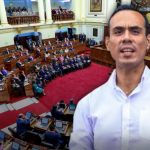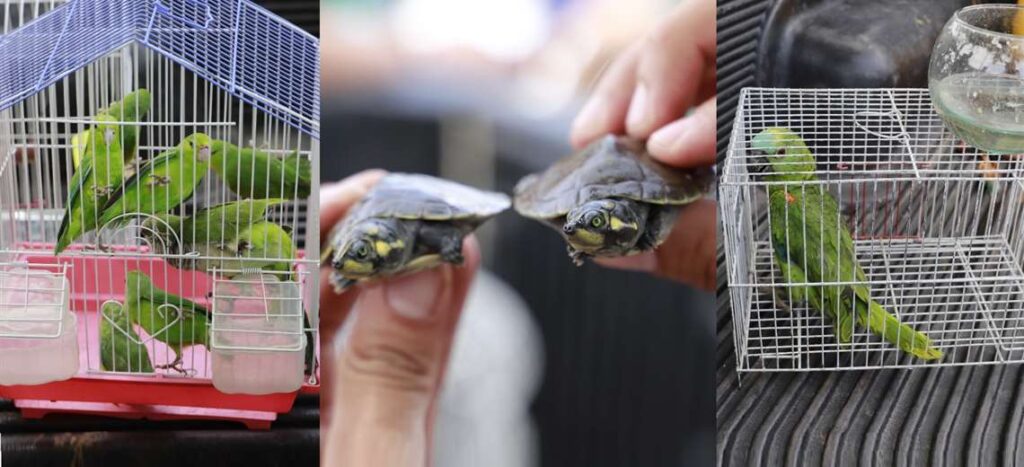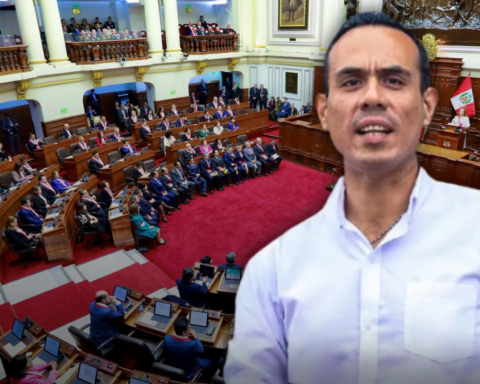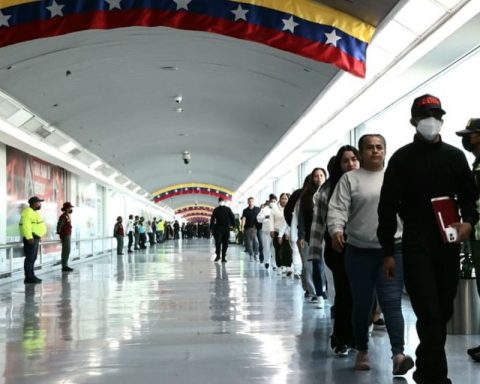The president of the Argentine Federation of the Milling Industry (FAIM), Diego Cifarelli, warned this Thursday of the difficulties that the sector currently faces in acquiring wheat due to price volatility, and requested assistance from exporters to be able to count on the raw material.
“We are waiting for wheat assistance from exports, beyond continuing to try by all means convince the producer to sell the wheat, which is a great time to do so“Cifarelli said in dialogue with Télam.
This Wednesday FAIM, the grain exporting sector and officials from the Ministry of Agriculture, Livestock and Fisheries, held a meeting in which this problem was raised and exporting companies were asked to sell wheat to mills. According to Cifarelli, the main problem is that, given the volatility of international wheat prices due to Russia’s invasion of Ukraine, producers do not want to part with the grain.
For the business leader, this attitude is wrong, since “The current price has a prize product of the war, which, once this conflict is resolved, will return everything to normalboth the value of the cereal and that of the flour” and they will not be able to capture the profit.
“We are still behind wheat,” remarked the head of FAIM, while maintaining that today the industry “is assisting the bakeries and the industry, with a flour that was around $1,300 a bag of 25 kilos last week and that after the strong increase this week, today it is $1,500″.
“Today we find a well-stocked flour market, with customers who want to buy more than what they usually buy and it is there, where by telling them no, a kind of fear is immediately generated that it is missing, but it is not like that, rather we are working on a normal demand,” he concluded.
On Wednesday Julián Domínguez said that, given this global situation, “there are chains that in the industrialization process need, at this juncture, attention” and gave as an example of this what happens with cereal. “For example the price of wheat, with which the mill is having difficulties. Since last week we have been working to guarantee that they have the wheat they need,” said the minister.
“Welcome high prices, but we will see how inwardly we will order things. The countercyclical fund of the wheat and corn trust that we work with is an instrument in which we are not going to touch withholdings, but we do have to assist the production system in some way,” concluded Domínguez.

















